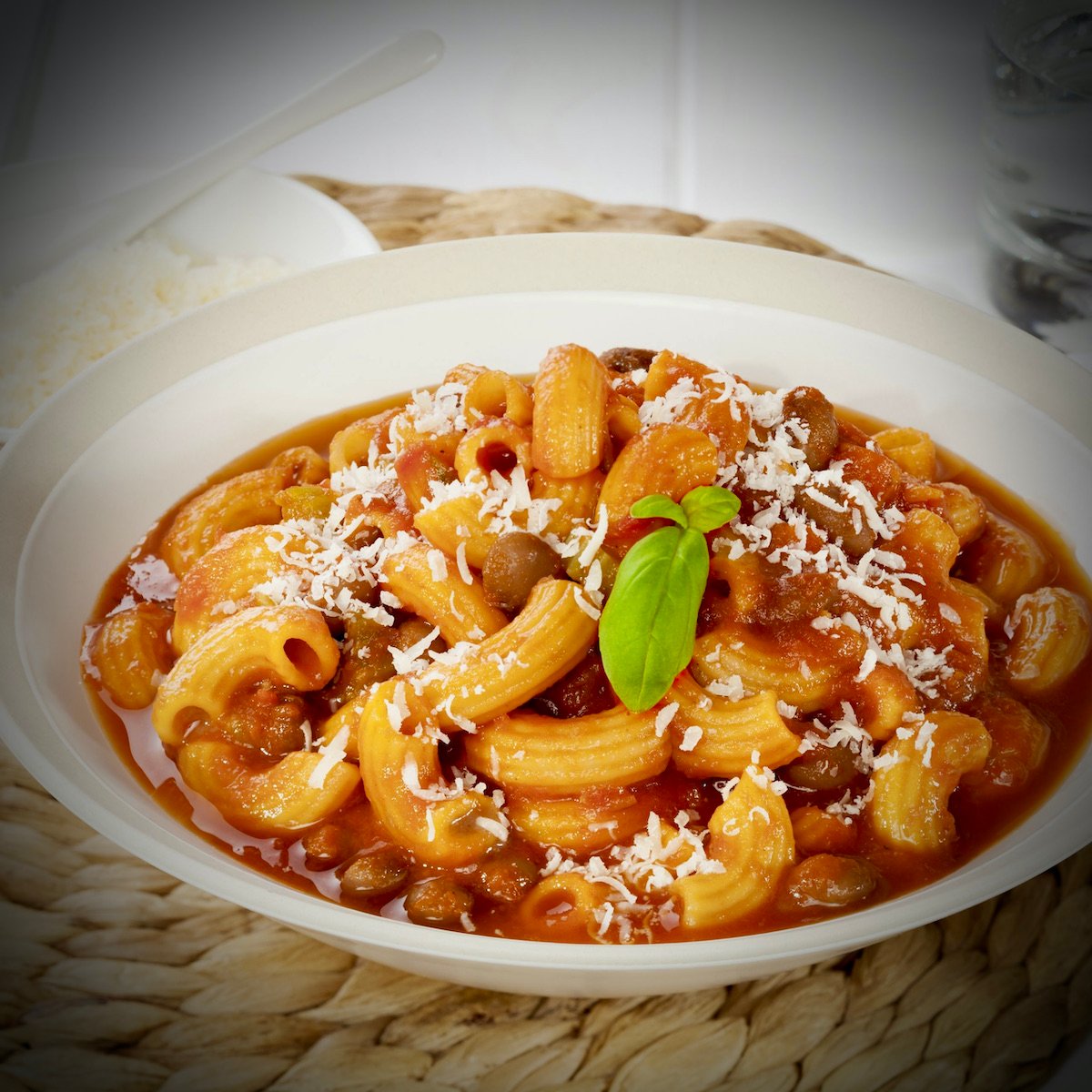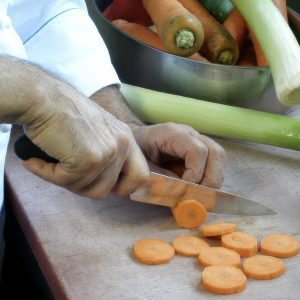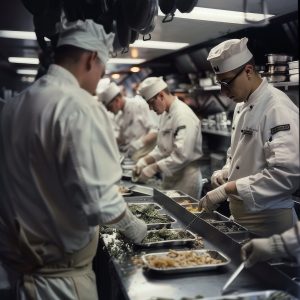Becoming a Culinary Activist
One of the first things that most students learn when they enter a good culinary program is how important it is to use fresh, local ingredients. Foods that have been shipped from a long way off or mass-produced in an assembly-like setting (whether it’s produce or meat) tend to have less flavor and lower nutritional value.
These foods may also have been subjected to flash freezing or other preservative measures that reduce quality.
This approach to food production, so prevalent in our society and necessary to bring foods to most consumers, doesn’t lend itself to great cooking. Many home chefs and lower-quality restaurants have to compensate for the less-than-ideal ingredients by adding fats and other materials that reduce flavor and texture.
Food activism is a growing trend that puts the spotlight on our food sources and demonstrates just how detrimental the mass production of food can be. It is the process by which we learn more about where food comes from and what it takes to bring it to the modern consumer.
Although just about anyone can be a food activist, some individuals take it to a new level, becoming the professionals whose job it is to find and secure healthy foods for entire communities and even cities. Local governments, restaurant co-ops, and educational systems often have a need to hire someone who can advocate food rights and come up with realistic solutions to the growing national nutrition problem.
Some of the tasks required in being a food activist include looking at the:
Environmental impact of food production
Social impact of food production
Political impact of food production
How extensive transportation can diminish food quality
Where to find local sources of food that are grown or raised responsibly
Advocating for safe, healthy food for everyone
Educating communities on what they can do to make positive changes
How to Become a Food Activist?
Because it is still a fairly new field, and there is plenty of room for growth, there is no direct path to becoming a food activist. A strong culinary background is one great way to get started, as is a degree in community health or nutrition/food science.
Many agricultural degrees allow students to focus on smaller-yield, sustainable farming options, as well, which can lead to a career in food activism.
You can also be a food activist at home or at your own restaurant by finding ways to incorporate locally-grown items into what you serve every day. Farmer’s markets are a great place to start, but you can also branch out by finding local farmers willing to provide you with direct foodstuffs or who can connect you with their suppliers.
The further you dig into food activism, and the more connections you make with others who share your passion, the better your chances of finding additional resources and networking with those working at organizational levels to make the necessary changes to food in America.














